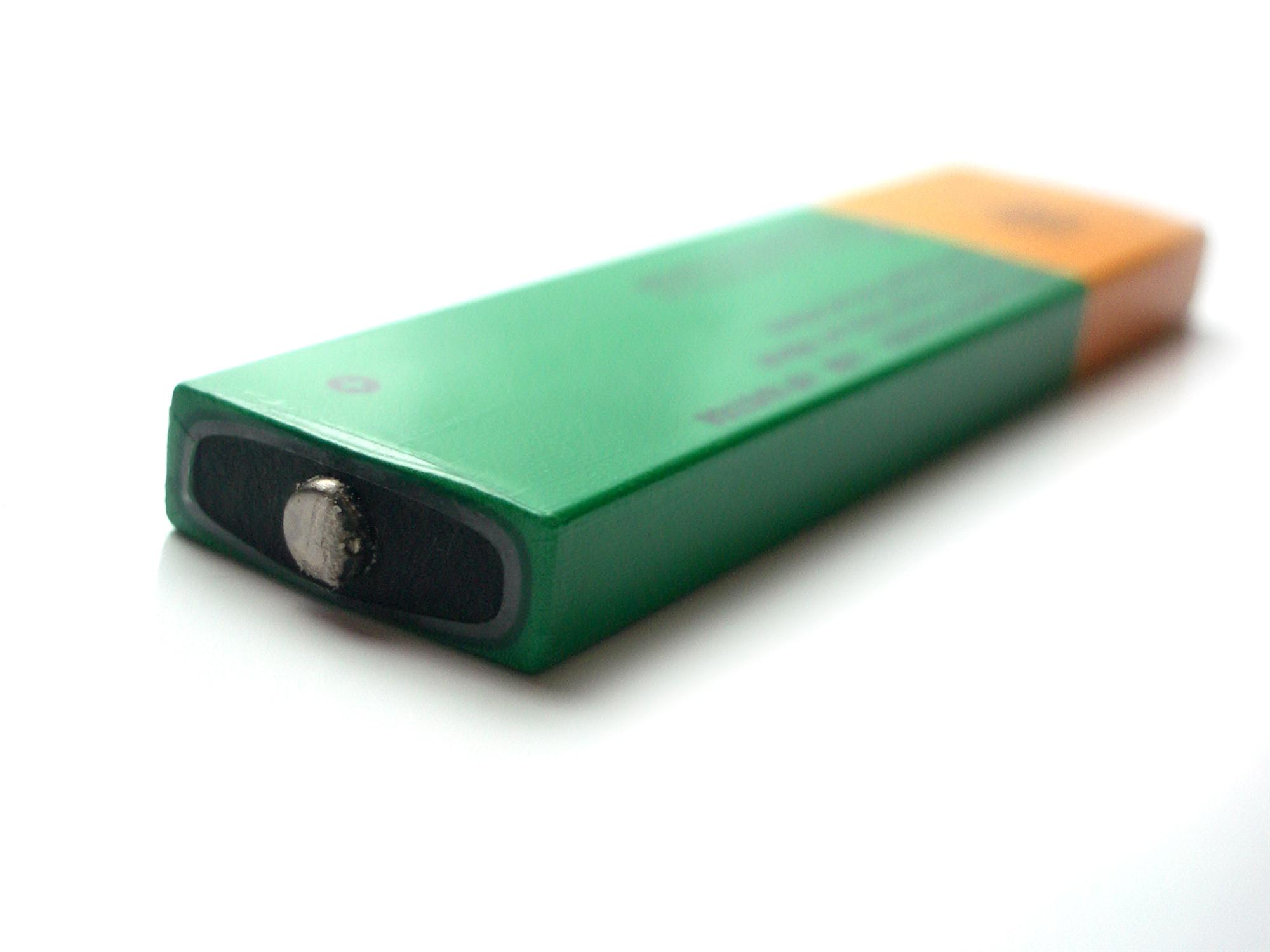The aviation body of the United Nations, ICAO, kept the door open for lithium batteries to be shipped in bulk on passenger aircraft, but shippers’ options are getting ever tighter, prompting suggestions that a re-think of supply chain strategies may be in the offing.
“One major concern is the continuing saga of what to do with lithium batteries,” said Rich Zablocki, vice president, global product development, North America, at CEVA Logistics. He noted that bans on such shipments by airlines have significantly reduced the options for shippers and their agents to move lithium batteries.
A growing number of airlines have banished bulk shipments of lithium batteries from their aircraft. By some estimates, there are now about 30 airlines that refuse to take such cargo.
Moreover, some carriers extend their ban beyond the bellyholds of passenger aircraft, among them global heavyweight Lufthansa Cargo. Since the end of August, the carrier has banished loose, unregulated lithium batteries not only from its passenger fleet but from its freighters as well. Likewise, Cathay Pacific has a blanket ban in place for all its aircraft, including all-cargo planes.
Other freighter operators still accept this traffic, but they are becoming more restrictive, Zablocki noted.
 Concerns about the potential risk posed by lithium batteries to freighter aircraft and their crews are well founded. The investigation report into the crash of a UPS Boeing 747-400F in September 2010 shortly after its departure from Dubai en route to Cologne, in which the flight crew were killed, established that a fire sparked by a consignment of lithium batteries was the chief cause of the tragedy.
Concerns about the potential risk posed by lithium batteries to freighter aircraft and their crews are well founded. The investigation report into the crash of a UPS Boeing 747-400F in September 2010 shortly after its departure from Dubai en route to Cologne, in which the flight crew were killed, established that a fire sparked by a consignment of lithium batteries was the chief cause of the tragedy.
Earlier this year the US Federal Aviation Administration (FAA) released results of a test which indicated that lithium battery fires approached temperatures as high as 600 degrees Celsius, which could overwhelm existing fire-suppression systems on commercial aircraft in a short time. In another round of FAA tests, laptop batteries burst open and emitted highly flammable liquid. The heat would frequently ignite adjacent cells, while others exploded.
Soon after that, Boeing took the unusual step of sending a notice to its passenger airline customers around the globe advising them not to carry the batteries as cargo “until safer methods of packaging and transport are established and implemented.”
Through the International Coordinating Council of Aerospace Industries Associations, Boeing and Airbus called for a ban, branding the carriage of lithium batteries on passenger planes “an unacceptable risk.” The industry body argued that aircraft are not designed to withstand the intense fires the batteries are capable of creating.
The ongoing debate prompted an ICAO meeting in May, which led to the establishment of a task force charged with coming up with better, safer ways to package the batteries. In the meantime, several carriers, such as Lufthansa, took unilateral steps to reduce their exposure to bulk lithium battery shipments or ban them outright.
In October, the Civil Aviation Authority of Hong Kong issued a warning about the carriage of lithium batteries, citing four recent incidents of undeclared or mis-declared lithium batteries shipped by air from the territory. Three of the four shipments were emitting smoke and had to be extinguished.
Supporters of and opponents to a ban on bulk shipments of lithium batteries were looking to ICAO for guidance. However, the ICAO panel’s recent verdict against a ban is unlikely to put an end to the controversy, not least of all because the decision was far from unanimous. When put to a vote, 11 panel members opposed the ban, but seven were in favour.
The Netherlands, Canada, France, Germany, Australia, Italy, United Arab Emirates, South Korea, Japan and the United Kingdom, as well as IATA, voted against it. On the side in favour of a ban were the US, Russia, Brazil, China and Spain, plus organizations representing airline pilots and aircraft manufacturers.
The shrinking choice of available carriers has forwarders and shippers concerned – and looking for alternatives. “We work with several clients to separate shipments of pure batteries from commodities that include batteries,” Zablocki reported.
Often, bulk battery shipments go out together with gadgets that are equipped with lithium batteries.
Zablocki thinks that shippers may have to change their supply chains in order to move their bulk battery shipments to ocean transportation, “but the transition may be painful to them,” he added.
By Ian Putzger
Air Freight Correspondent | Toronto




